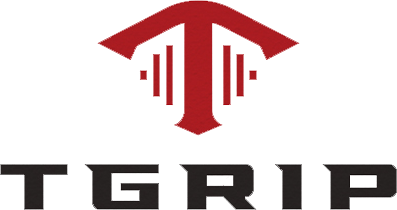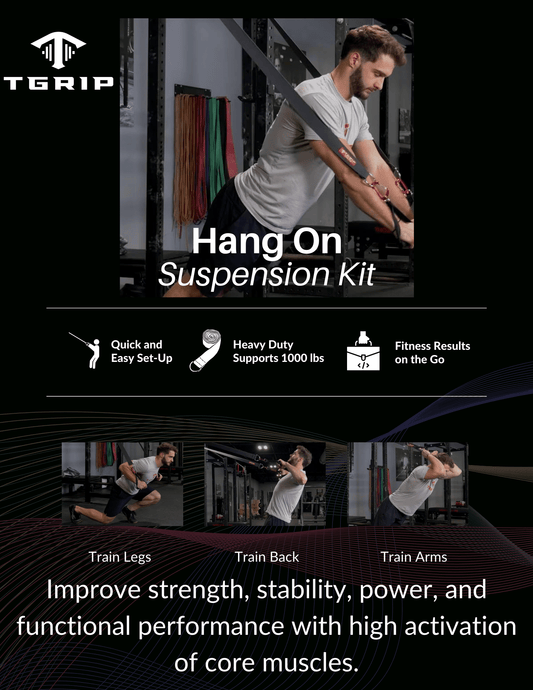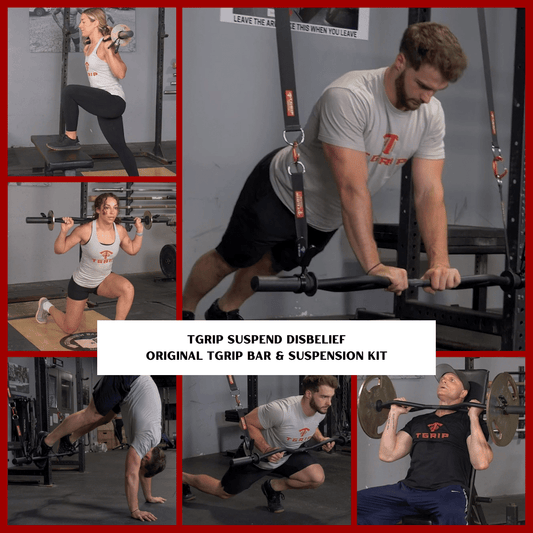The Importance of Warming Up Your Shoulder Rotator Cuffs Before Strength Training
If you’re serious about weightlifting, strength training, or bodybuilding, warming up your rotator cuffs should be a top priority. Neglecting these small but essential shoulder muscles can lead to pain, injury, and long-term shoulder instability—issues I’ve personally experienced over decades of training.
After years of battling my own shoulder injuries, I’ve made it my mission to educate others about proper shoulder prehab and injury prevention. Whether you’re a beginner lifter or an experienced athlete, I want to help you protect your joints, improve mobility, and maximize strength gains by sharing my knowledge on shoulder health and training longevity.
My Shoulder Injury Story – Learn from My Mistakes
When I was in my early 20s, I was laser-focused on building muscle and getting stronger. Like many young lifters, I ignored the advice of the more experienced guys in the gym—guys like I am now, 30 years later! They told me, “Make sure to warm up your rotator cuffs. Strengthen the muscles you don’t see.”
At the time, I laughed it off. I thought, Why waste time training muscles I can’t even see? Fast forward a few years, and shoulder pain, impingements, and even injuries forced me to rethink everything. I learned the hard way that shoulder warm-ups and rotator cuff exercises are absolutely essential for injury prevention, strength training longevity, and overall shoulder health.
Why Warming Up Your Rotator Cuffs is Non-Negotiable
The rotator cuff muscles—the supraspinatus, infraspinatus, teres minor, and subscapularis—stabilize your shoulder joint during nearly every upper-body exercise. Whether you're pressing, pulling, or lifting, these muscles are engaged. Skipping your warm-up can lead to muscle imbalances, decreased mobility, and an increased risk of rotator cuff tears, tendinitis, or impingements.
Key Benefits of a Rotator Cuff Warm-Up:
✅ Injury Prevention – Reduces the risk of rotator cuff strains and tears
✅ Improved Mobility & Flexibility – Keeps shoulders pain-free and functional
✅ Better Exercise Performance – Enhances pressing strength and stability
✅ Joint Longevity – Prevents wear-and-tear that leads to chronic issues
Best Rotator Cuff Warm-Up Exercises for Shoulder Injury Prevention
1. Arm Circles (Improves blood flow and mobility)
👉 Stand tall with arms extended to your sides
👉 Perform small, controlled circles, gradually increasing in size
👉 Do 10-15 reps in each direction
2. External & Internal Rotations with a Resistance Band (Strengthens stabilizing muscles)
👉 For external rotations: Hold a band or light dumbbell with your elbow bent at 90 degrees, then rotate your forearm outward
👉 For internal rotations: Rotate your forearm inward
👉 Perform 2-3 sets of 12-15 reps for each direction
3. Sleeper Stretch (Enhances shoulder flexibility & reduces tightness)
👉 Lie on your side with the arm you’re stretching on top
👉 Bend your elbow to 90 degrees, then gently press your hand downward toward the floor
👉 Hold for 15-30 seconds, then switch sides
4. Prone Y’s & T’s (Strengthens the scapular muscles for better shoulder mechanics)
👉 Lie face down with arms extended in a Y-shape or T-shape
👉 Lift your arms off the ground, squeezing your shoulder blades together
👉 Perform 10-15 reps per set
How to Incorporate Rotator Cuff Warm-Ups into Your Strength Training Routine
⏳ When: Perform these exercises before any upper body workout, especially before pressing movements like the bench press, overhead press, or push-ups.
🔹 How Long: Spend 5-10 minutes warming up with light resistance before jumping into heavy lifts.
💪 Pro Tip: If you have a history of shoulder pain or injuries, do additional shoulder mobility drills and stability work as part of your weekly routine.
Conclusion: Protect Your Shoulders for Long-Term Strength Gains
Your shoulders are key to almost every upper-body movement in strength training. Prioritizing rotator cuff warm-ups will help you avoid injuries, improve your range of motion, and lift heavier weights safely.
Take it from me—don’t wait until you’re injured to start caring about shoulder health. A few minutes of proper warm-up and mobility work can make a huge difference in your training longevity.
TGRIP provides the best ergonomic training tools for safe and effective shoulder prehab, rehab, and injury prevention. Make your rotator cuff warm-up a non-negotiable part of your fitness routine—your shoulders will thank you!



